Post Views: 5,820
ViewsCRNAs
By TodaysNurse
A nurse anesthetist, or certified registered nurse anesthetist (CRNA), is a licensed professional nurse who provides the same anesthesia services as an anesthesiologist (MD). After completing extensive education and training, CRNAs become nationally certified and may then practice in all 50 states. A certified registered nurse anesthetist is one of the best paid nursing professions, making it an excellent career choice in today’s booming health care industry. It’s a great choice if you’re interested in working closely with health professionals such as surgeons, dentists, podiatrists and anesthesiologists.
What do CRNAs do?
CRNAs provide anesthesia in collaboration with surgeons, anesthesiologists, dentists, podiatrists, and other qualified healthcare professionals. When anesthesia is administered by a nurse anesthetist, it is recognized as the practice of nursing; when administered by an anesthesiologist, it is recognized as the practice of medicine. Regardless of whether their educational background is in nursing or medicine, all anesthesia professionals give anesthesia the same way. They provide general anesthesia, regional anesthesia, sedation, and pain management in any healthcare setting where anesthesia is required.
Responsibilities
As advanced practice registered nurses, CRNAs practice with a high degree of autonomy and professional respect. They carry a heavy load of responsibility and are compensated accordingly.
Practice setting
CRNAs practice in every setting in which anesthesia is delivered: traditional hospital surgical suites and obstetrical delivery rooms; critical access hospitals; ambulatory surgical centers; the offices of dentists, podiatrists, ophthalmologists, plastic surgeons, and pain management specialists; and U.S. military, Public Health Services, and Department of Veterans Affairs healthcare facilities.
Education requirements
The minimum education and experience required to become a CRNA include:
- A baccalaureate or graduate degree in nursing or other appropriate major.
- An unencumbered license as a registered professional nurse and/or APRN in the United States or its territories.
- A minimum of one year full-time work experience, or its part-time equivalent, as a registered nurse in a critical care setting.
- Graduation with a minimum of a master’s degree from a nurse anesthesia educational program accredited by the Council on Accreditation of Nurse Anesthesia Educational Programs. As of August 2016, there were 115 accredited nurse anesthesia programs in the United States utilizing more than 2,100 active clinical sites; 46 nurse anesthesia programs are approved to award doctoral degrees for entry into practice. Nurse anesthesia programs range from 24-42 months, depending on university requirements. Programs include clinical settings and experiences.
- Pass the National Certification Examination following graduation.
Today’s healthcare
Today CRNAs are the only anesthesia providers in more than two-thirds of all rural hospitals in the U.S. and they administer approximately 30 million anesthetics to patients nationwide each year. Get a nurse anesthetist career overview and discover why this rewarding profession offers more than a great paycheck. As the US population grows and ages, CRNAs are needed at an alarming rate. Millions rely on their care. They frequently collaborate with other members of their healthcare team, such as surgeons and other pain specialist.
CRNAs are the primary providers of anesthesia in rural and underserved communities and manage the anesthesia needs for millions of patients annually. Like their physician counterparts, the demand for certified registered nurse anesthetists will continue to rise as the population ages and expands and as more outpatient clinics and nontraditional settings require their services.
2 comments on CRNAs
Leave a Reply
CRNAs
A nurse anesthetist, or certified registered nurse anesthetist (CRNA), is a licensed professional nurse. Check out the infographic now!
5 stars Nurse Advisor Magazine (Official)
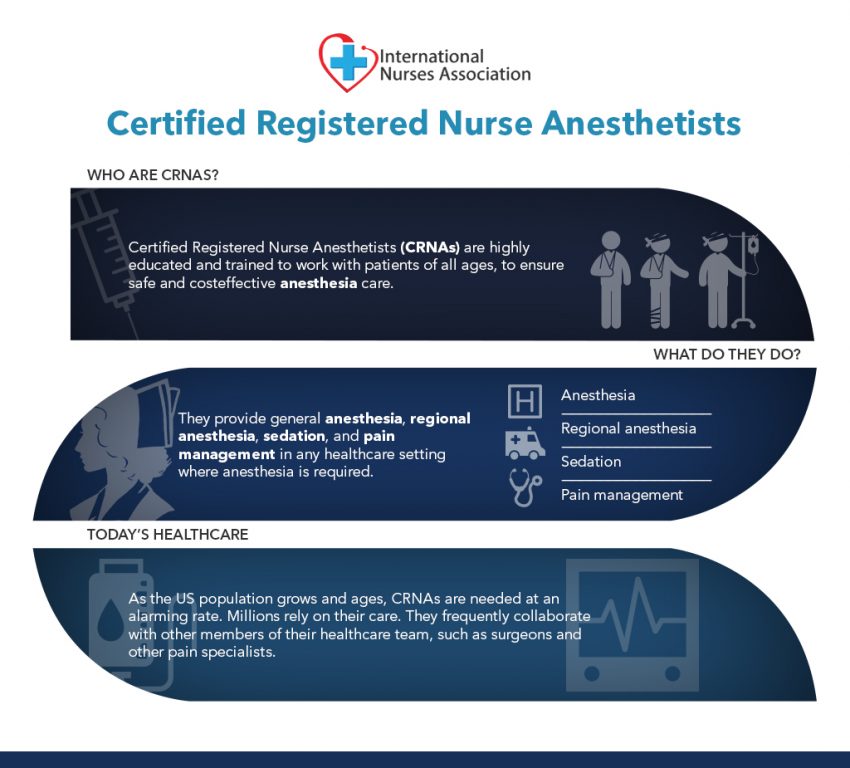
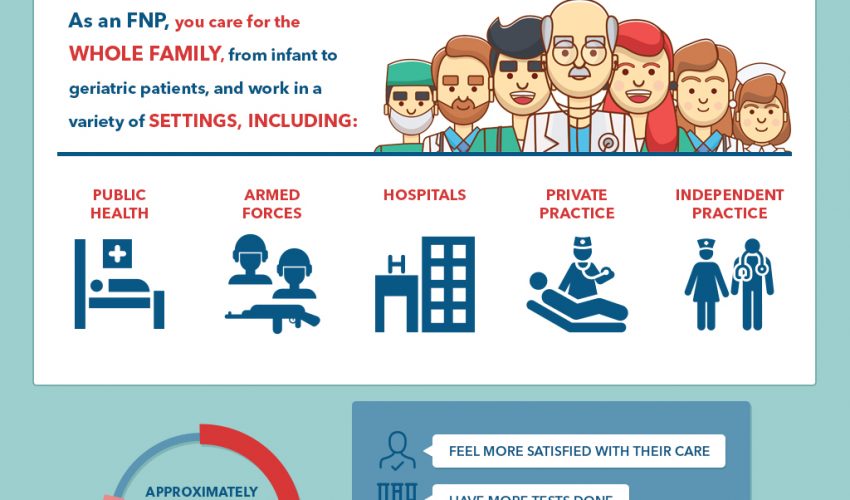
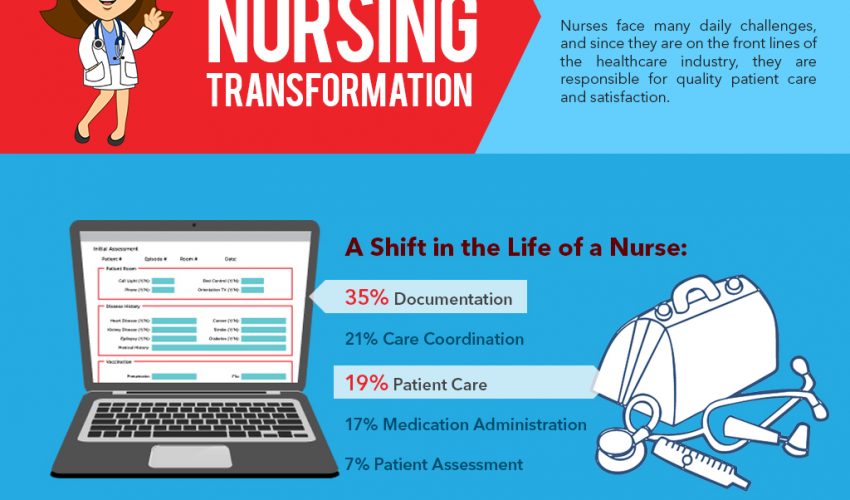
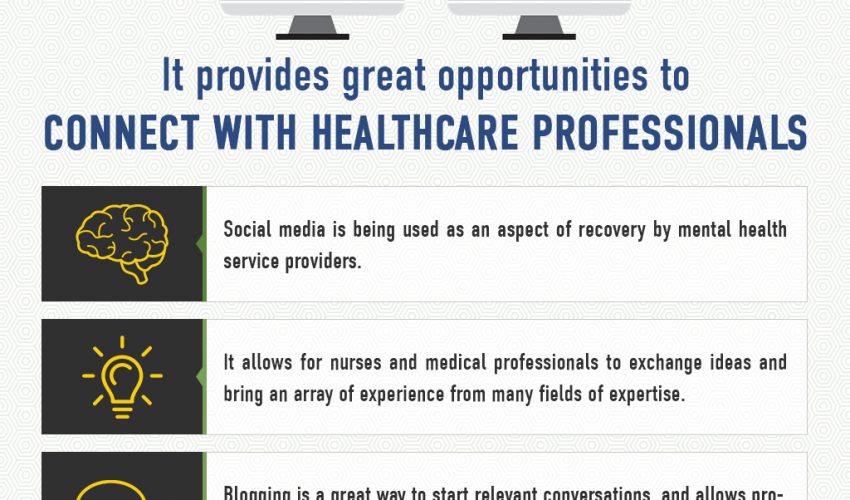



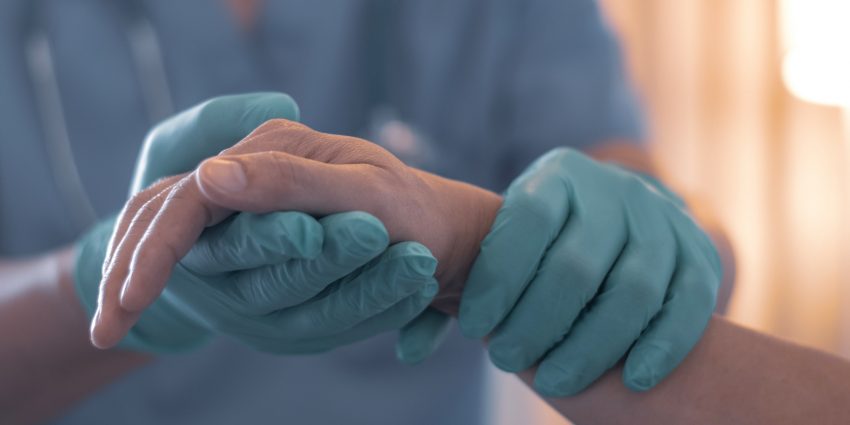




Much better description of CRNAS.
THANK YOU
My ex-husband and I had always managed to stay friendly after our divorce in February 2017. But I always wanted to get back together with him, All it took was a visit to this spell casters website last December, because my dream was to start a new year with my husband, and live happily with him.. This spell caster requested a specific love spell for me and my husband, and I accepted it. And this powerful spell caster began to work his magic. And 48 hours after this spell caster worked for me, my husband called me back for us to be together again, and he was remorseful for all his wrong deeds. My spell is working because guess what: My “husband” is back and we are making preparations on how to go to court and withdraw our divorce papers ASAP. This is nothing short of a miracle. Thank you Dr Emu for your powerful spells. Words are not enough.
Email emutemple@gmail.com
Phone/WhatsApp +2347012841542.